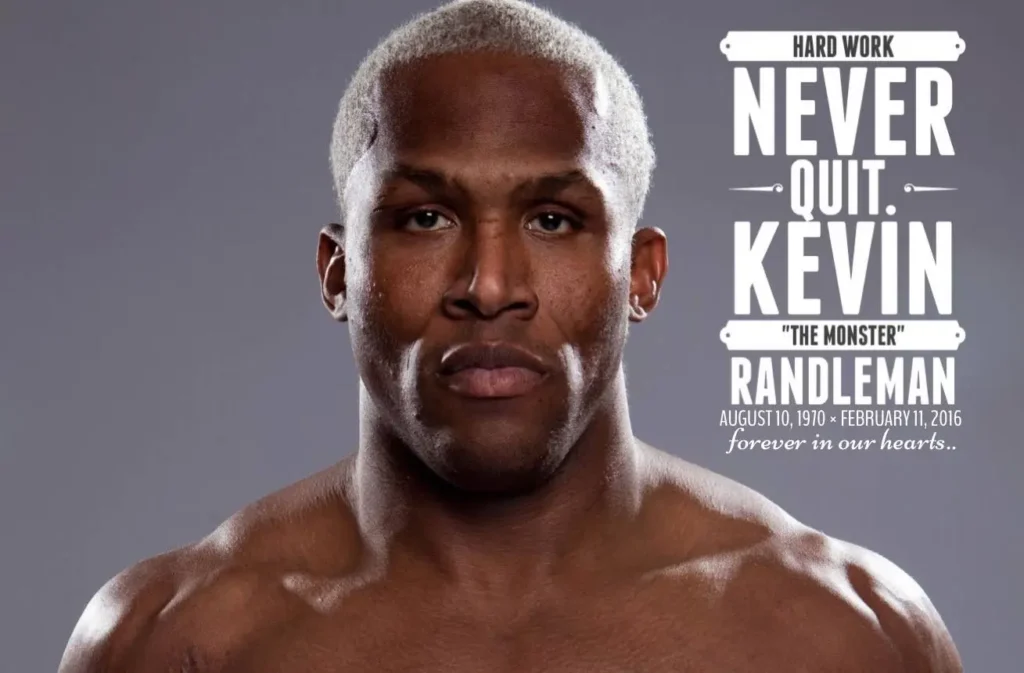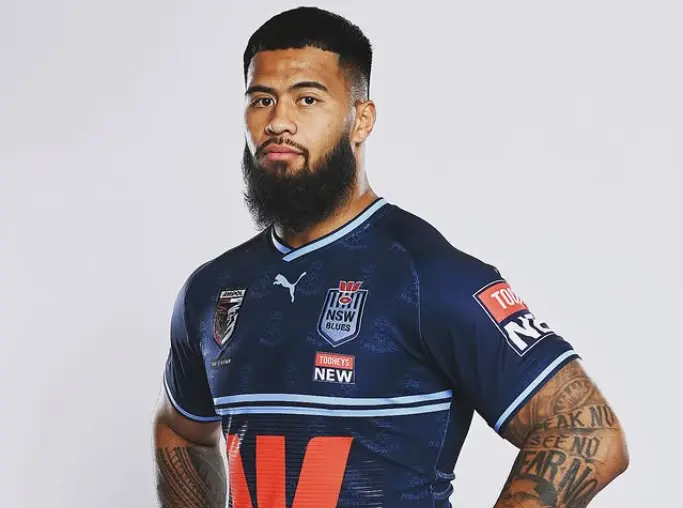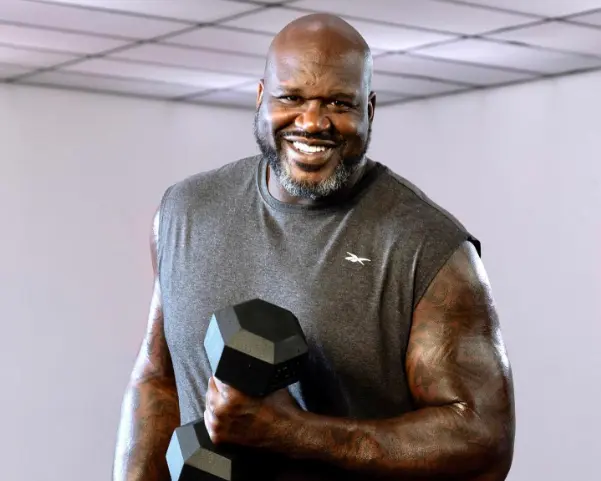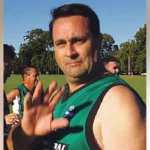Now Reading: Terrel Williams boxing career and controversy
-
01
Terrel Williams boxing career and controversy
Terrel Williams boxing career and controversy
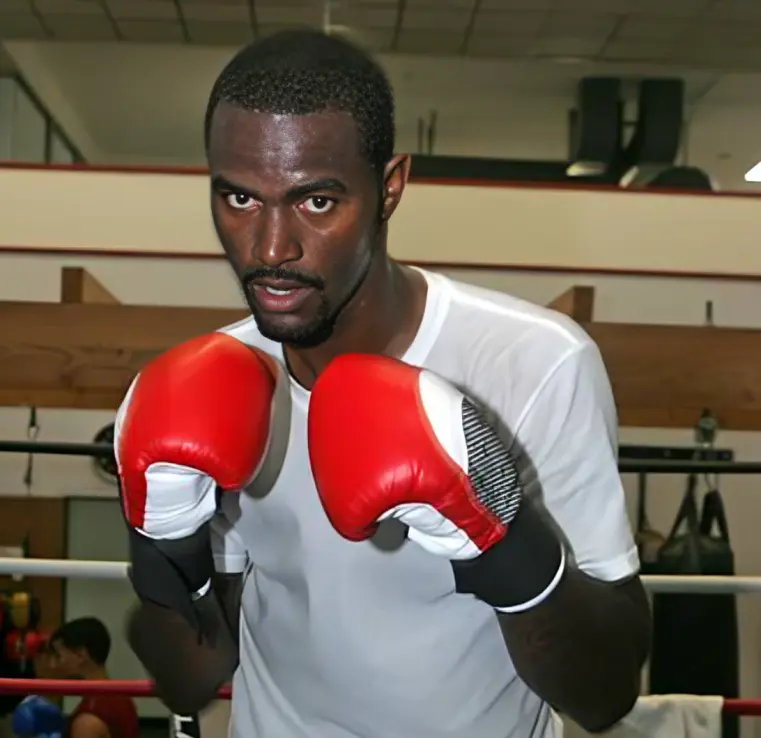
Terrel Williams is one of the most talked-about names in professional boxing. He came into the sport with a lot of promise and power, but a devastating fight in 2015 would make his name forever known in boxing history. For Australian boxing fans, Williams’s story isn’t just about victories and defeats; it’s a powerful message about ethics, safety and being responsible in the ring.
This article talks about Terrel Williams, the fight that caused a lot of controversy and what the whole world of boxing, especially Australian fans and athletes, may learn from his narrative.
Early life and rise in boxing
Terrel Williams was born on February 16, 1984 in Inglewood, California, a community with a lot of sports history. Williams, like many young athletes, acquired his love for boxing early on and turned pro in 2008.
- Height: 6 feet
- Reach: 73 inches
- Weight class: Welterweight
- Stance: Orthodox
Williams was known for his explosive speed and tactical style, and many appreciated him for his technique and growing victory record. He was considered a good candidate in a highly competitive weight class.
The well-known fight: Terrel Williams vs Prichard Colón
Williams fought Puerto Rican boxer Prichard Colón on October 17, 2015. The fight swiftly went from being competitive to being a disaster. The fight took place in the EagleBank Arena in Virginia, USA and both sportsmen hoped it would help them reach bigger professional goals.
But what happened before, during and after the fight changed everything.
Key incidents during the match:
- Throughout the match, Williams repeatedly hit Colón in the back of the head with illegal rabbit punches.
- Colón repeatedly expressed his dissatisfaction to the referee, yet they did not deduct any points.
- Following his knockdown and disqualification in the ninth round, Colón collapsed in the dressing room.
- A brain hemorrhage sent him into a coma, leaving him permanently injured.
Prichard Colón is still in a barely aware state, which is a devastating event that rocked the boxing world.
Public anger and emotional cost
Terrel Williams got a lot of negative press online and from boxing fans all over the world, even in the Australian boxing scene, after the event. Williams was never charged with anything unlawful, but many people wondered why the referees and medical professionals didn’t step in and whether Williams should have stopped when Colón clearly looked upset.
Reports say that Williams had death threats, had mental health problems, and spent a lot of time away from the public glare. He has said he is sorry for what happened in interviews, but he has not made a formal public apology. The matter is still a subject of contention.
Did Terrel Williams ever apologise?
People often ask on boxing forums and social media if Williams ever said he was sorry. He discussed the tragedy a little bit in interviews and displayed signs of mental stress, but there is no record of him formally apologizing to Colón’s family.
This lack of evident regret has made some supporters even more angry, especially in Australia, where sportsmanship and fair play are critical.
Career after the incident
Terrel Williams came back to boxing in 2018, despite the terrible scandal. He won a few fights before apparently disappearing from the public eye again.
- 2018 comeback fight: Williams beat David Grayton by unanimous decision.
- Current status: According to the latest information, Williams has not fought professionally since 2019.
The fight against Colón is still the most important thing that has happened in his career, and it often overshadows his early successes and skills.
Lessons for the boxing community
This event is a very important lesson for both American boxing and Australian boxing, where the sport is rising quickly.
Important points:
- Better referee training: For the safety of the fighters, it is very important to carefully enforce the regulations.
- Better medical supervision: Quick help can make a difference in life-threatening situations.
- Responsibility: Players, coaches and officials must follow the sport’s moral rules.
In Australia, groups like Boxing Australia have been working harder to keep athletes safe at all levels, from amateur clubs in Sydney to national tournaments in Melbourne and Brisbane.
Conclusion
Terrel Williams’s story goes beyond the ups and downs of a boxer. It’s a sobering reminder of the real dangers of combat sports and the duty that everyone involved, from combatants to authorities to medical personnel.












